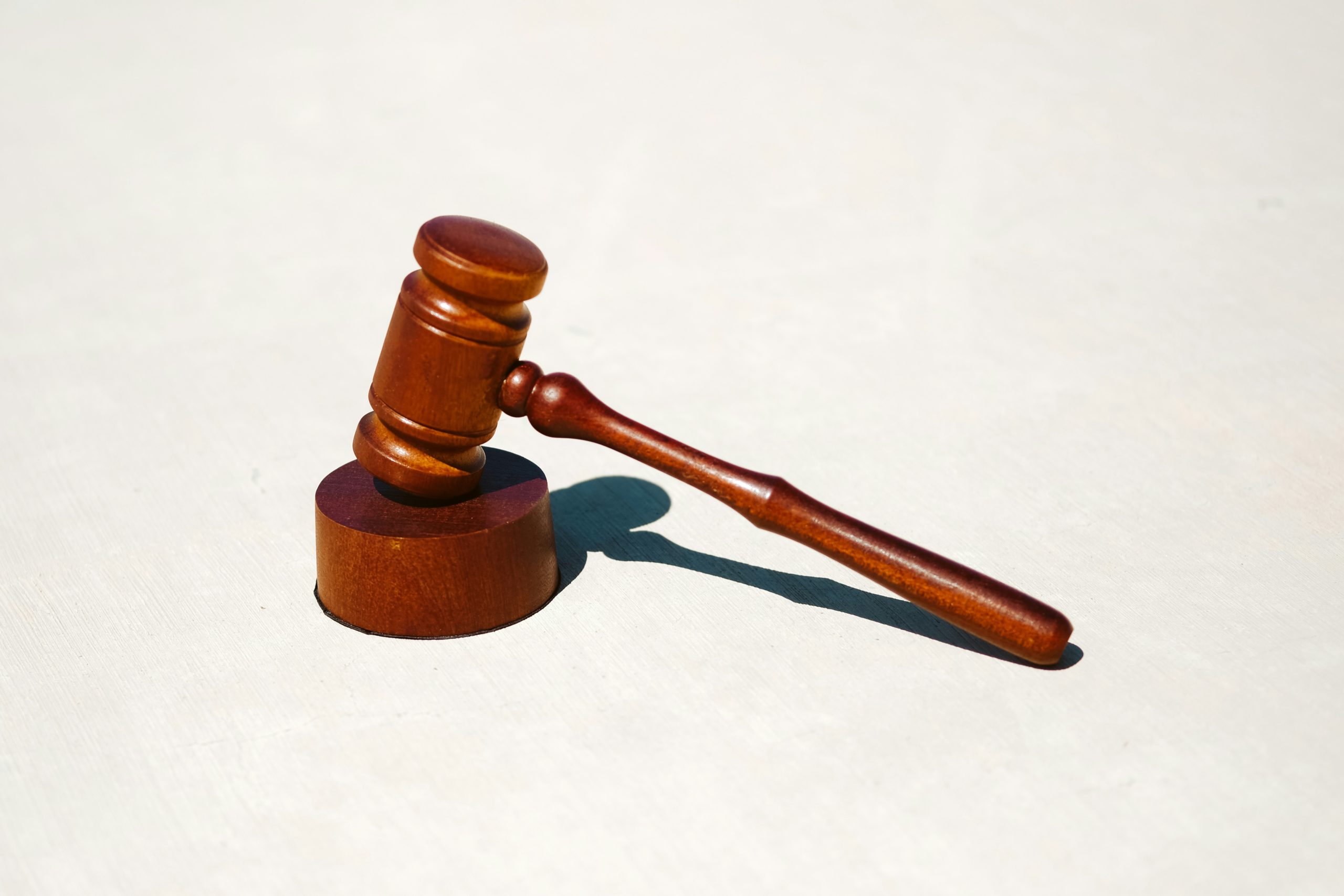How Commercial Litigation Solicitors Handle Shareholder Disputes
For UK companies, shareholder disputes have been among the most difficult problems to resolve, especially at times when there is economic turmoil or rising corporate governance changes.
Commercial conflict attorneys help mitigate these disputes which are sometimes much more involved conflict over a company’s strategy, shareholders profit, dividends, managerial decisions, or even relationship between company and its fiduciaries.

Common Causes of Shareholder Disputes
Shareholder disputes are caused due to the following reasons:
Divergent Views on Company Strategy and Goal Execution:
Shareholders arguing over the competitive market expansion and even product development may result in disputes regarding strategic decisions.
Conflicts Between Leadership and Management Teams:
We often find disputes arise where shareholders feel that the management action to implement decisions does not align with value-maximising objectives.
Disagreements Over Income Distribution, Dividends, and Profit Sharing:
Conflicts frequently occur when shareholders expect a dividend, but the company does not intend to distribute dividends due to its internal policies.
Alleged Breaches of Fiduciary Duties by Board Members:
Dramatic disputes as well as litigation claim action can arise from accusations that the directors foster their own interests and not the interests of the company.
Disputes Concerning Voting Rights, Share Dilution, or Perceived Unfair Practices
Minority shareholders feel that they are being discriminated against for facing issues such as unequal voting rights or unanticipated reduction of shares or dilution of shareholding.
Ambiguities in Shareholder Agreements and Company Bylaws
The conflict stems from unilateral change of agreement purported to appoint a certain person who does not have the background experience or requisite skills.
Disagreements on Exit Strategies and Share Valuation
Generally, conflicts arise regarding share valuation and transfer when a shareholder wishes to exit the company due to the absence of pre-agreed exit procedures.
Claims of Discrimination Against Minority Shareholders by Majority Stakeholders
All minority shareholders feel there is mistreatment if they think the majority shareholders are making self-serving choices.
Legal Remedies for Shareholders
In the UK, shareholders can take several steps to solve their problems:
Unfair Prejudice Petitions
According to Section 994 of the Companies Act of 2006, in case a shareholder feels that the company is conducting the business in a manner that brings unfair prejudice to the shareholder, such a shareholder may petition the court. More recent case law further distinguishes that there are time limits, usually 12 years, or 6 years if monetary relief is sought, within which such petitions must be brought forward.
Derivative Actions
Shareholders can also start derivative claims in the name of the company suing directors or other third parties for sanctions done to the company that damages the company. This allows for filing in defense of the corporation, and therefore be compensated for damages inflicted on the corporation.
Just and Equitable Winding Up
If the dispute cannot be settled by negotiations, shareholders may petition to have the corporation wound up on just and equitable grounds as outlined in section 122(1)(g) of the Insolvency Act of 1986. Usually a last resort, this approach is employed when there are no other reasonable options available.
Dispute Resolution Strategies
For effective resolution of disputes arising out of the relations among shareholders, solicitors have a variety of options:
Mediation
A mediation approach where the mediator helps both participants in the case agree.
Arbitration
A method of dispute resolution where an arbitrator or panel makes a decision on the dispute is binding arbitration that is often favored for its confidential nature and efficiency.
Court Litigation
When alternative methods resolving around diplomacy are unsuccessful, legal action is preferable. In other cases, courts provide remedies in the form of order to purchase shares, company restraining orders, or liquidating restraining orders.
For businesses navigating complex shareholder disputes, Summit Law litigation lawyers offer expert guidance in managing and resolving such conflicts effectively.
Importance of Shareholder Agreements
Proactive, well-tailored agreements greatly assist in curbing issues among shareholders or directors. The agreement about shareholders needs to outline the rights and responsibilities of shareholders, the procedural rules for resolving disputes, the procedures for share valuation, and the procedures for share ownership transfer.
Adjustments need to be made to comply with current laws, changing business conditions, and other evolving regulations, which makes this a dynamic endeavor.
Recent Legal Developments
One of the more noteworthy issues of litigation regarding shareholders was Aabar Holdings v Glencore, which in effect ruled that the so-called “Shareholder Rule,” which gives rise to companies that are unable to invoke legal privilege barring a shareholder, does not apply in English law.
This is going to impact the disclosure obligation in the litigation of the shareholders and will likely change the direction of litigation strategy in the future.
Conclusion
While disputes among shareholders remain an outstanding issue for UK companies, they pose challenges for commercial litigation solicitors who have to protect their clients’ interests through multifarious laws.
To alleviate conflicts that put corporate stability and shareholder value at risk, solicitors must possess practical dispute resolution skills, including understanding the causes of disputes, obtaining the appropriate legal remedies, and enforcing clear shareholder agreements.